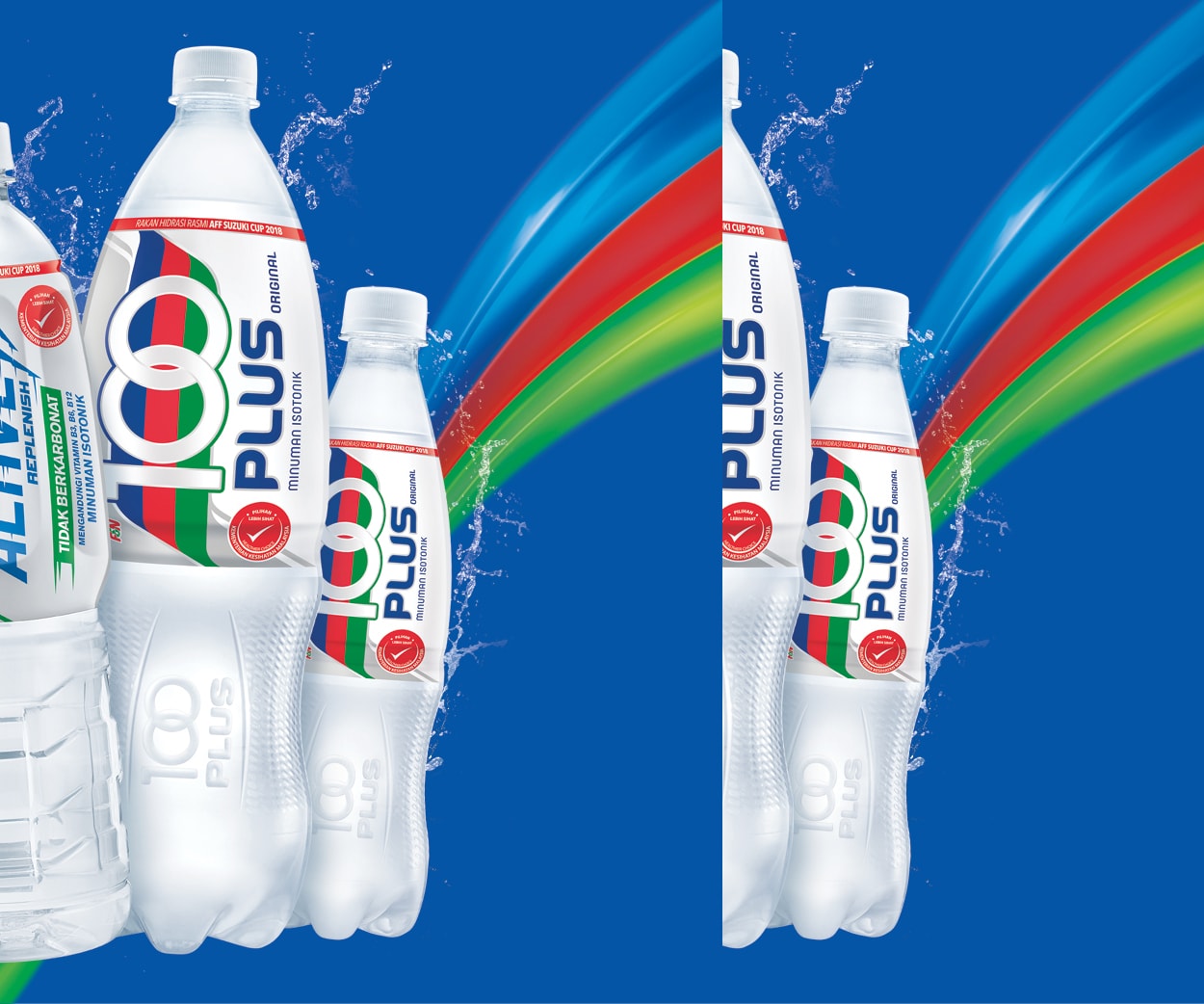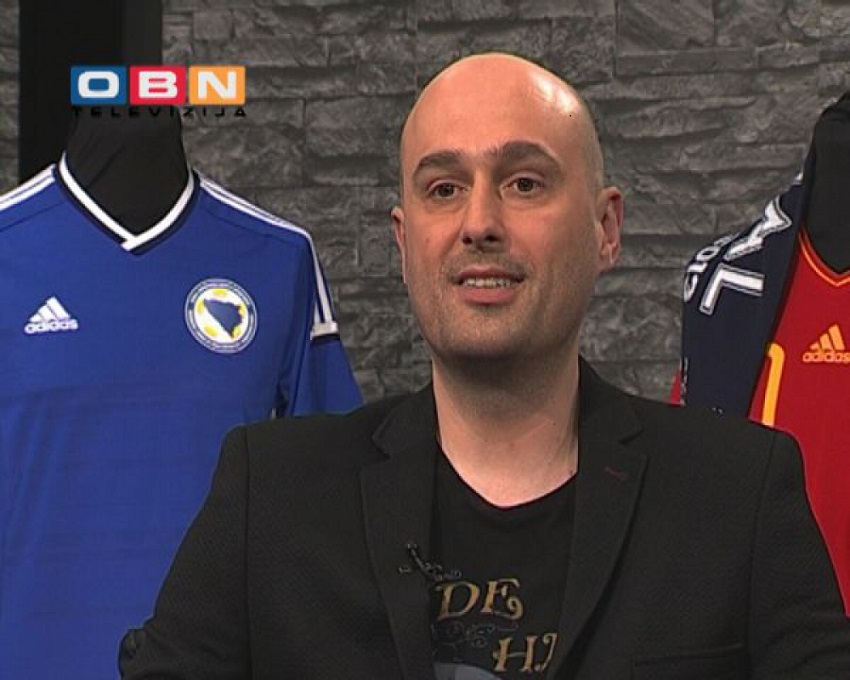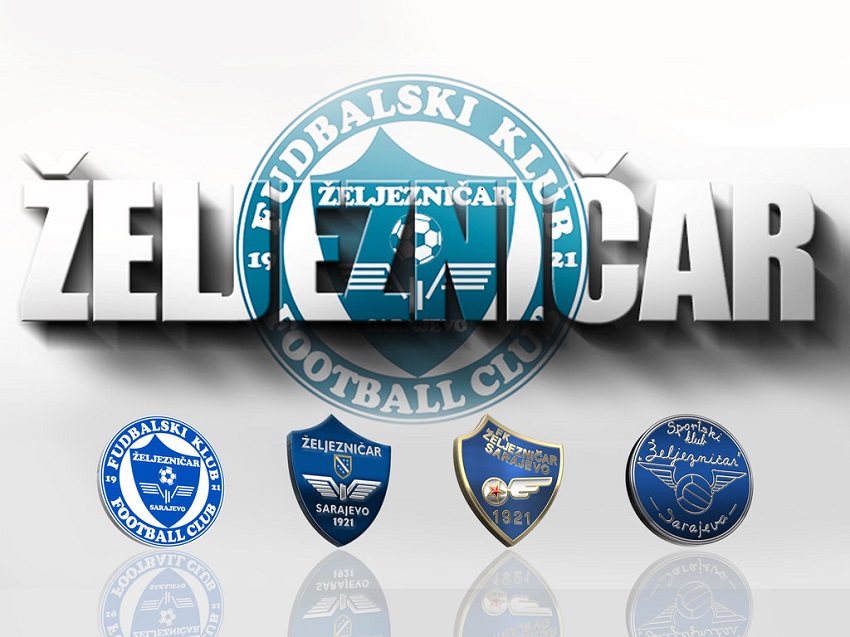Two decades after Sarajevo’s pride in its multi-ethnicity was torn apart by conflict, a football club remains testimony to the previous integration of Bosnian Muslims, Croats and Serbs.
“We are in Zeljo and Zeljo is ours!” reads a motto on the wall at the entrance to the Zeljeznicar (“railway worker”) club’s stadium, a rare place in the deeply divided Balkan country where only football team loyalty matters.
“A fan of Zeljeznicar has never been determined… by his ethnic or religious affiliation,” says 40-year-old club spokesperson Adis Hadzic.
“At a time when we are exhausted with the nation, religion and other things, being ‘Zeljo’ is fleeing this reality.”
Bosnia’s inter-ethnic conflict in the early 1990s left some 100,000 people dead, including 11,000 in Sarajevo. The city was besieged by Serb forces for more than three years.
The war left the club’s Grbavica stadium in ruins and destroyed the dream of a multiethnic Sarajevo: Serbs and Croats now make up just 9 percent of the population, down from a third before the war.
But Zeljo remains “a club of nostalgics, who live by what was”, says Ivica Osim, 76, a club legend and child of Sarajevo, who also served as the last coach of the Yugoslav football team before the federation fell apart.
In April he inaugurated the eastern stand of Grbavica after renovations partly funded by the fans.
Osim believes the club “is not only about football, it’s a lifestyle and behaviour”.
– A team for everyone –
Created in 1921 by railway workers, the “plavi” (blues) arrived on the scene when there were already four clubs in Sarajevo.
“Sask for the Croats, Slavija for the Serbs, Barkohba for the Jewish community and Osman for the Bosniaks (Bosnian Muslims),” explains prominent fan Emir Muhamedagic.
The new team was open to everyone.
Champions of Yugoslavia in 1972, semi-finalists in the UEFA Cup in 1985 — with Osim on the bench and Mehmed Bazdarevic in the field — the club captured imaginations.
It was the team of “people who were getting screwed over by someone — the government, a boss,” says Amar Osim, 50, son of Ivica and a former coach of the club that won the national title five times.
Rivals FK Sarajevo, created in 1946, were meanwhile seen as the team supported by the Yugoslav top brass.
“FK Sarajevo is about geography, Zeljo is a philosophy,” says Muhamedagic, 26. He grew up facing the stadium in a building still riddled with shrapnel.
Zeljo is a volunteer-led association and in 2015 it was decided that fans would never own less than 51 percent of the club.
With limited means and an annual budget of three million euros, Zeljo has often sold its best players, such as Croatian striker Ivan Lendric to Lens in France.
How could the club make its decrepit stadium, with 13,500 seats, capable of hosting international games?
“Someone had the idea to offer ten-year subscriptions” for 511 euros each, says club president Vedran Vukotic, 39.
That is no small sum in Bosnia, but more than 800 supporters have provided more than 400,000 euros out of the 1.1 million needed. They include regular fans and businesses and also stars such as Juventus midfielder Miralem Pjanic and musician Goran Bregovic.
Roma striker Ednin Dzeko, formerly of Zeljo, has signed a stadium wall along with fellow supporters after he financed equipment for the club.
– ‘Barriers falling’ –
Examination of the names on the seats of the eastern stand, however, shows a predominance of Bosniaks buying the 10-year passes, consistent with the current face of the city.
But “I don’t think that Zeljo is becoming a Bosniak club,” says Mario Vukasovic, 29, whose ethnic Croat family returned to Sarajevo a year after the end of the conflict.
“Multi-ethnicity is greater (at the club) than in the city,” said the 29-year-old fan, who also plans to help finance the covering of the southern stand, projected to cost 2.5 million euros.
President Vukotic says there are more and more Serb children joining the football school.
After the war Croat players returned, then Serbs such as Belgrade-born defender Jovan Blagojevic, 29, who starts his third season “never having received bad words”.
“The barriers are falling more and more,” says Vukotic, asserting his “pride in rebuilding the stadium and at the same time the links between people”.-Agence France-Presse




































